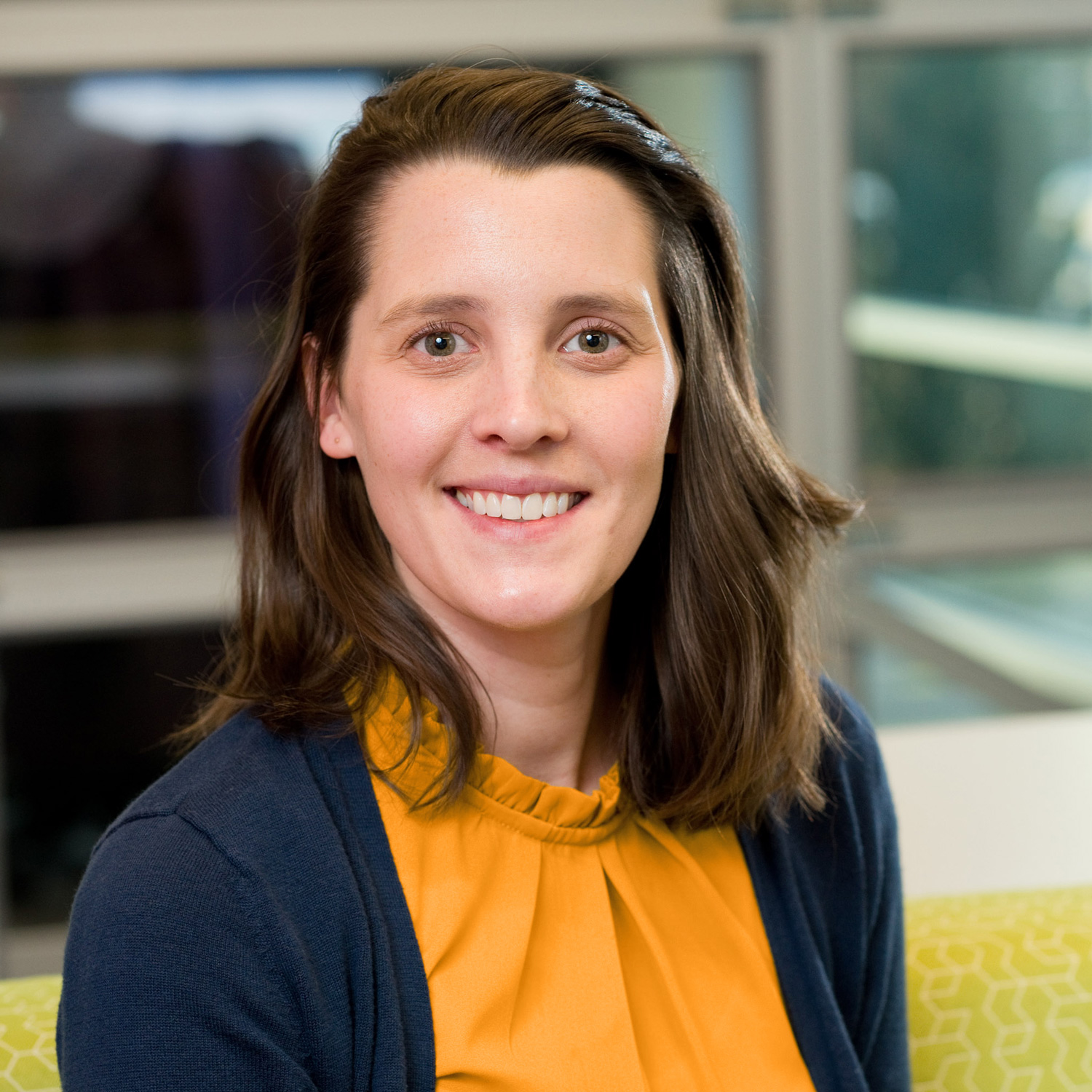In 2020, we published a 10 report series summarizing the findings of all of the research we’ve conducted to date. Nearly 100 resources were included in this review, and collectively they provide valuable insights for researchers and practitioners on many aspects of online teaching and learning, such as:
- K-12 online best practices
- Online student motivation
- K-12 blended teaching and professional development, and
- K-12 special populations
This blog series is meant to accompany these reports and further explore the practical implications of those years of research.
Since its establishment in 1998, Michigan Virtual has served Michigan educators and paid special attention to online learning in Higher Education.
Our research in these areas has focused on topics such as:
- Online field experiences for pre-service teachers
- Evaluations of K-12 online teachers
- The roles and responsibilities of on-site mentors
These matters as well as resulting implications and best practices are further explored below. For more information on any of the topics below, please see the full research report on Online Learning in Higher Education.
Michigan Virtual Research on Online Learning in Higher Education
Distance education and online learning in higher education is a very well established field of scholarship. Michigan Virtual, with a focus on K-12 teaching and learning, has conducted minimal research at this level. That being said, there are still some important take-aways that can be applied to K-12 populations.
Massive open online courses (MOOCs) were quite popular several years ago as they promised to make knowledge available for free to more people than ever before. Michigan Virtual, with the help of external researchers, attempted to understand whether the benefits of MOOCs could be realized with the K-12 population, specifically high school aged students.
Through this work it was determined that K-12 learners may not be an appropriate target population for MOOCs, as their learning needs are quite different from adult learning needs and MOOCs do not provide the necessary support for K-12 learners. While MOOCs may not be appropriate for K-12 learners, there may still be some benefits for K-12 teachers as a way to provide training and professional development effectively and at scale. However, more research is needed to determine if this is truly an effective model.
Michigan Virtual also studied the landscape of online learning at Michigan colleges and universities. In Michigan, private, non-profit higher education institutions had the highest proportion of exclusively distance education enrollments. Private, four-year for-profit institutions had the lowest proportion of exclusively distance education enrollments.
The percentage and proportion of online courses at public and private colleges and universities in Michigan are highly variable, suggesting that options for online courses are largely dependent on where learners are enrolled. More research is needed into how public and private colleges and universities are using online courses to meet learner needs and demand.
Final Thoughts
Research at the higher education level is well established and can provide valuable insights into online learning overall. It is important, however, to consider the unique needs of K-12 online learners as compared to adults when determining which research findings to apply. K-12 learners, while not a uniform group by any means, have unique needs above and beyond those of both young adult and adult learners.
References
Barbour, M. (2017). Examining online research in higher education: What can we replicate in K-12? Michigan Virtual University. https://michiganvirtual.org/research/publications/examining-online-research-in-higher-education-what-can-we-replicate-in-k-12/
Ferdig, R. E. (2013). What massive open online courses have to offer K–12 teachers and students. Michigan Virtual University. https://michiganvirtual.org/research/publications/what-massive-open-online-courses-have-to-offer-k-12-teachers-students/
Ferdig, R. & Pytash, K. (2014, August 11). Exploring MOOCs for K-12 teachers and learners. Michigan Virtual University. https://michiganvirtual.org/blog/exploring-moocs-for-k-12-teachers-and-learners/
Ferdig, R. E., Pytash, K. E., Merchant, W., & Nigh, J. (2014). Findings and reflections from the K-12 teaching in the 21st century MOOC. Michigan Virtual University. https://michiganvirtual.org/research/publications/report-concludes-that-moocs-can-lead-to-positive-outcomes/
Michigan Virtual Learning Research Institute. (2015, July 14). About 26% of undergraduates at degree-granting postsecondary institutions took a distance education course in 2012-13. Michigan Virtual University. https://mvlri.org/blog/about-26-of-undergraduates-at-degree-granting-postsecondary-institutions-took-a-distance-education-course-in-2012-13/

